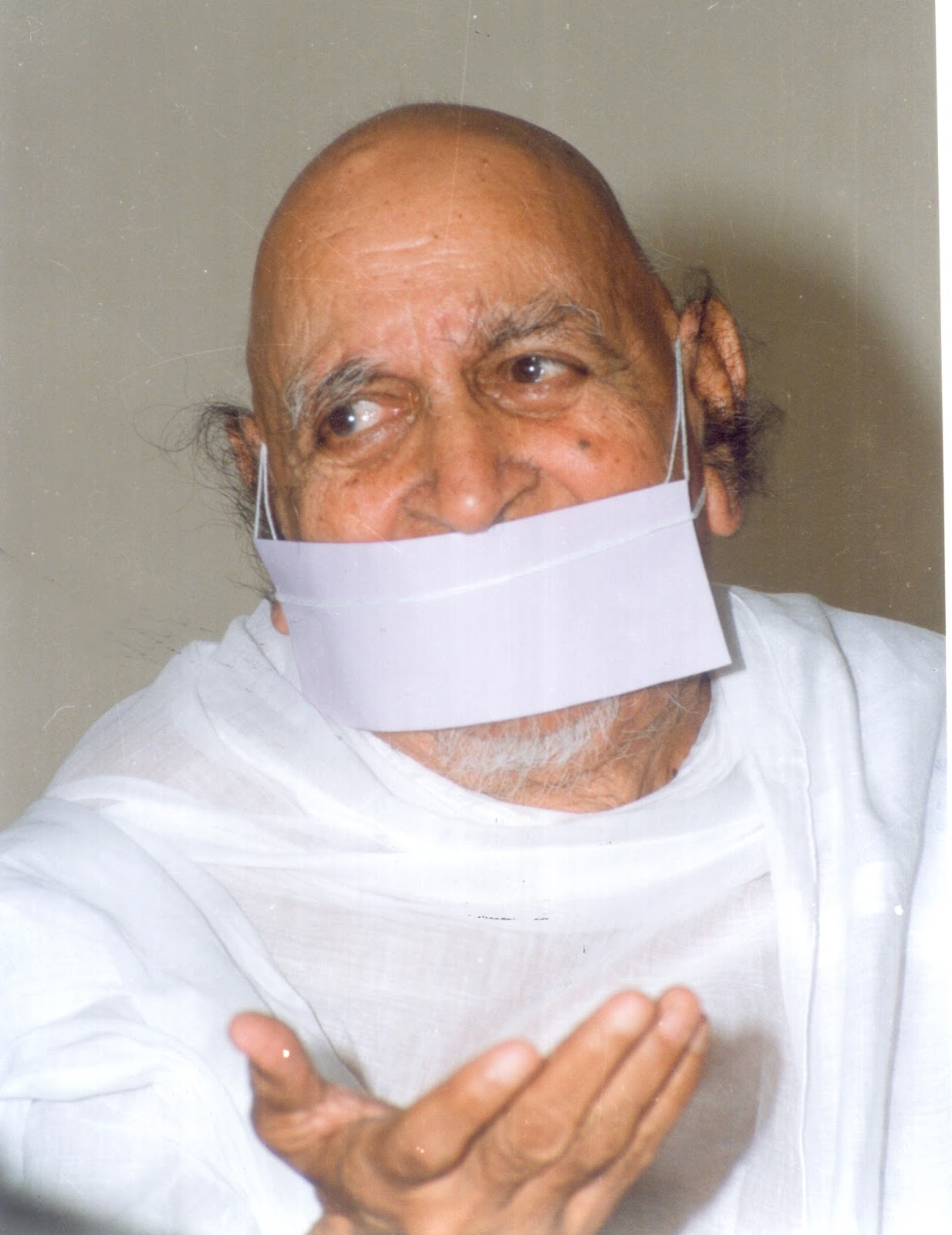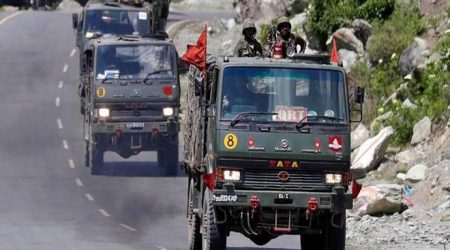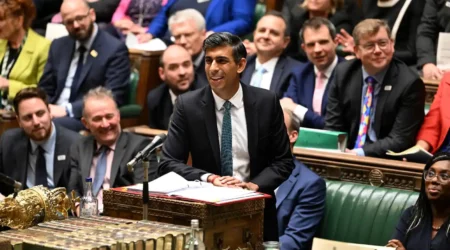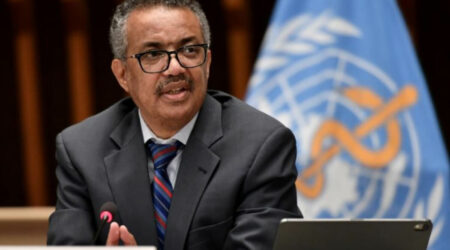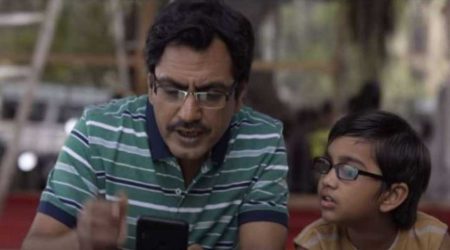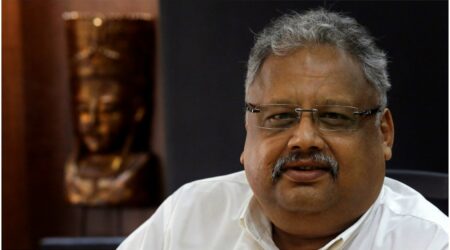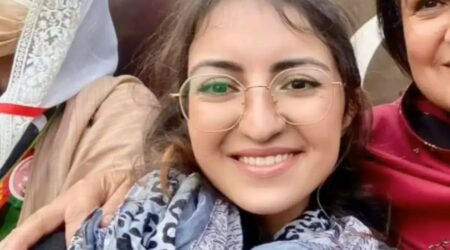By John Di Leonardo
The life of a wildlife rehabilitator is not for the faint of heart. Often days are filled with frustration due to people’s unwillingness to coexist with wild animals. It seems that many in our society prefer a “sterile” environment, one that is free from geese and their excrement, nesting birds on buildings, and sightings of raccoons or opossums. We also receive endless calls about injured animals that were intentionally murdered or put into an unsafe situation by careless people who only saw them as nuisances. Rarely do we think about how our actions impact our wild brethren.
As humans, we tend to think that our personal space is progressively getting smaller as animal populations grow larger but the contrary is true. In this overpopulated world, humans are the ones choosing to ruin habitats by demolishing swaths of land to build condos, office buildings, or create new roadways in the name of “progress”. It is now, especially, that we must find time or make time for the tiny and large creatures that find us in search of help.
This week, my wife Juliana and I responded to calls about a baby heron whose legs were broken after being frightened out of his nest by 4th of July fireworks and ducklings who were left orphaned after their parents were killed by the blasts. We also received calls about a wild turkey who had been hit by a car and cygnets – or baby swans – who were separated from their parents after falling through the holes in sewer grates. Additionally, we wrote to a yachting center after discovering that birds were being killed after becoming entangled in the center’s anti-bird netting, meant to keep birds from nesting in the crevices of a building.
Like Jain monks, who give up transport by automobiles and carefully sweep the ground below their feet so not to accidentally harm even the smallest of animals in their path, we must think about how our everyday actions affect the larger ecosystem and our worldwide community.
Instead of shooting off fireworks, communities can celebrate holidays with drone light shows. They can put screens beneath their sewer grates to prevent small animals from becoming trapped and drowned and cherish birds who choose their buildings to raise their young.
For this week’s Anuvrat, I urge you to make a small vow to examine how your everyday actions impact the wild animals with whom we share our communities and to never leave an animal who you find in trouble or distress. If you come upon an injured wild animal, contact a local wildlife rehabilitator immediately and follow their instructions, either delivering that animal to safety or staying with them until help arrives. If you believe helping wildlife yourself is your calling, I encourage you to register for New York State’s Wildlife Rehabilitation Examination on August 22nd at https://www.dec.ny.gov/

John Di Leonardo


